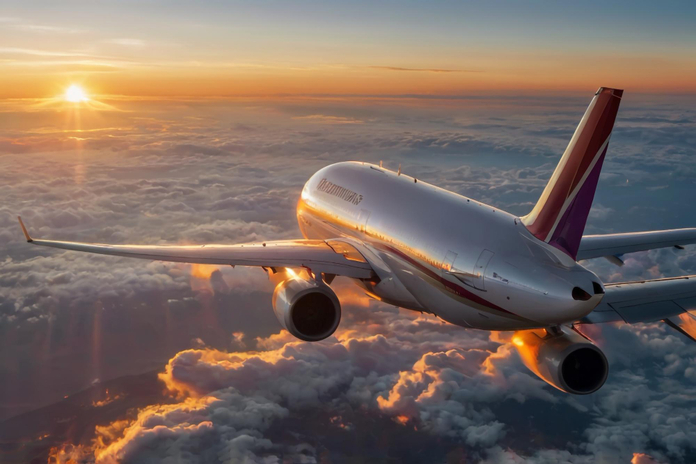Southwest Airlines (NYSE:LUV) has long been a standout in the aviation industry, not just for its financial success but for the unique culture fostered by its co-founder, Herb Kelleher. Known for its innovative approach, Southwest became the largest U.S. domestic airline, outpacing competitors like American Airlines, Delta Air Lines, and United Airlines. However, as the airline faces pressure to adapt to a rapidly changing market, its culture—once considered its most valuable asset—is at a critical crossroads. With new leadership and external pressures pushing for significant changes, the Southwest Airlines culture is being tested like never before.
The Shift in Strategy
Southwest Airlines built its success on a distinct model that emphasized simplicity and efficiency. A single class of service and no assigned seats were central to this model, allowing Southwest to turn planes around quickly and operate more flights per day than its competitors. This approach, combined with a strong company culture, enabled Southwest to remain profitable for 47 consecutive years—a record unmatched by any other airline globally.
However, CEO Bob Jordan, along with activist investor Paul Singer, has introduced plans that diverge from Kelleher’s original vision. They agree that Southwest must consider changes, such as introducing assigned seating and possibly a premium class. While these adjustments may seem necessary to keep up with industry trends, they also pose a risk to the Southwest Airlines culture that has been so integral to its success.
The Importance of Culture
Herb Kelleher was a firm believer in the power of culture. He often emphasized that while competitors could replicate Southwest’s operational strategies, they could never duplicate its culture. “Culture has everything to do with it,” Kelleher once said. This culture was not just about making employees feel good; it was a critical factor in ensuring the airline’s smooth operations. When faced with tight schedules and unexpected challenges, Southwest employees went above and beyond, often stepping into roles outside their usual duties to keep things running smoothly.
This culture also translated into customer experiences that were unique to Southwest. The lack of assigned seating, for instance, was softened by the friendly and often playful interactions passengers had with the staff. It wasn’t uncommon for flight attendants to add a personal touch—whether by hiding in overhead bins to surprise passengers or by singing a fun song during the descent. These moments, small as they might seem, were reflections of a culture that valued both efficiency and a positive customer experience.
The Risks of Change
The proposed changes to Southwest’s model, particularly the introduction of assigned seating and a potential premium class, could undermine this culture. Assigned seating, while catering to customer preferences, would eliminate the current system that allows Southwest to board and turn around planes quickly. The introduction of a premium class would require fewer seats, which could disrupt the operational efficiency that has been key to Southwest’s success.
Moreover, these changes could erode the unique work environment that Kelleher cultivated. The Southwest Airlines culture thrives on simplicity and a shared sense of purpose among employees. As the company becomes more like its competitors, it risks losing the very spirit that has set it apart for decades.
The Legacy of Herb Kelleher
As Southwest navigates these turbulent changes, the question many are asking is, “What would Herb do?” Kelleher was always open to change when necessary, but he was also acutely aware of the risks involved in altering the company’s core values. His biggest fear, as he once expressed, was that the airline might lose its “esprit de corps, the culture, the spirit.” This fear seems particularly relevant today as Southwest’s leadership contemplates changes that could fundamentally alter the company’s identity.
Conclusion
The Southwest Airlines culture is at a pivotal moment. While changes may be necessary to remain competitive, they must be carefully balanced with the preservation of the company’s core values. As Southwest moves forward, it is crucial to remember that its culture is more than just a feel-good element—it is the backbone of its success. Losing this culture could mean losing the very essence of what made Southwest Airlines a leader in the industry. The decisions made today will determine whether Southwest can continue to thrive while staying true to the principles that Herb Kelleher championed.
Featured Image: Freepik















